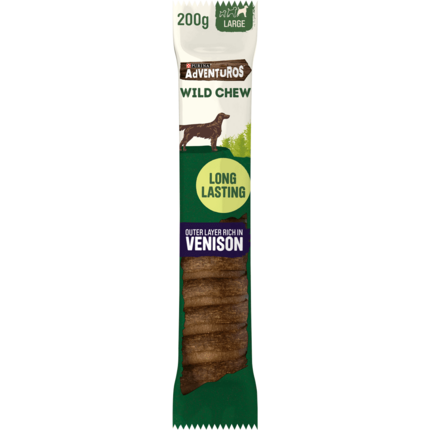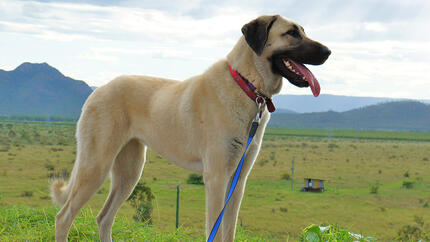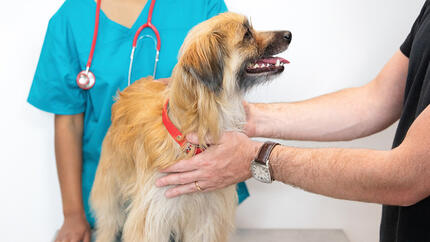Health Problems in Cocker Spaniels



Known for their stunning coats, long ears, and constant tail wagging, gorgeous Cocker Spaniels are one of the most cheerful dogs you’ll ever meet.
Whether you already have this long-haired pup lying next to you on the couch or you’re getting ready to welcome one to the family, there are a few common health problems in Cocker Spaniels that owners should be aware of. Just like any other dog breed, the cheerful nature of these pups can be diminished by certain conditions. We break down the symptoms below to make the job of recognising them easier.
Keep in mind that just because an illness is on our Cocker Spaniel health issues list, it doesn’t mean your dog will inevitably end up at the vet with these conditions – and by getting your puppy from a responsible breeder who health test their breeding dogs and who prioritised health, you will be reducing the chances of your new dog going on to develop many hereditary conditions..
To find out what hereditary conditions your puppy’s parents should be tested for, contact the Kennel Club or the breed club for advice.
Top health issues in Cocker Spaniels
Ear problems
The Cocker Spaniel’s long ears are more than just a lovely distinctive trait. They serve an important function for any gundog: directing smells from their surroundings to their noise. Although these dogs don’t have to go chasing their next meal anymore, those impressive ears remain part of a Cocker’s charm but, unfortunately, they don’t always come trouble-free.
From bacterial or yeast infections to ear mites, there are many ear problems dog owners should be aware of and be ready to recognise. Even odd objects or grass seeds can end up causing your precious canine an earache.
Although ear problems are quite common in many breeds, owners can help reduce the chances that this common health problem in Cocker Spaniels will affect their pet. The solution? Keep your dog’s ears clean, check them regularly, and as soon as there are any unusual signs such as a discharge or odd smell, go straight to the vet for help and advice.
Canine hip dysplasia
Many dog breeds are known to have a genetic predisposition towards developing hip dysplasia. This is a condition in which the ball and socket hip joints don’t develop normally and don’t fit together as they should, leading to hip dislocation. You might notice your dog limping, refusing to go on daily walks, or even refusing to play their favourite games. These could be signs of hip-related issues and should be checked by a vet as soon as possible. Although hip dysplasia is known to be more common in larger canines, especially those bigger than the medium-sized Cocker Spaniel, all dog breeds and sizes can be affected, so don’t hesitate to call your vet if you recognise some of these signs in your dog.
Canine hip dysplasia can’t be cured, but it can be successfully managed through diet, therapy, and gentle exercises.
This is one of the conditions that responsible breeders test their breeding stock for.
Luxating patella
Another possible health problem in Cocker Spaniels that manifests through movement difficulties is a condition called luxating patella. Your dog might be limping or walking a few steps with one of their legs in an unusual position. This is caused by dislocation of the kneecap.
In mild cases the kneecap pops back into place by itself. But if your dog has been diagnosed with grade 3 or grade 4 luxating patella, this means that the pet’s kneecap is permanently dislocated.
Physical therapy and less demanding exercises are key in helping a dog suffering from a mild luxating patella, while surgery is typically recommended for more serious cases.
If you’re already wondering how owners can protect their best friend and prevent this health issue altogether, there are no guarantees when it comes to dislocated kneecaps. Luxating patella is a genetic condition which causes improper development of the kneecap groove, causing it to become shallow and unable to maintain the kneecap in place. But with patience and proper guidance from a vet, this condition can be managed, and your lovely Cocker Spaniel can continue being their usual happy self. You can find out more about luxating patella in dogs through our quick guide.
Hereditary eye disorders
The health issues affecting Cocker Spaniels can also be related to their lovely eyes. Hereditary cataracts appear as cloudy spots in your dog’s eyes which may develop early on, even during the first months of puppyhood. Progressive retinal atrophy is a condition in which the cells in the pup’s retina develop abnormally, eventually leading to blindness. This is an inherited disease which means puppies are already born with it and there’s nothing an owner can do to prevent its onset. This underlines the importance of health testing before breeding.
If you notice your dog bumping into furniture or other objects, struggling to find their food bowl, or getting lost easily, make sure you discuss this with your vet for a prompt diagnosis. Fortunately, dogs cope quite well with poor eyesight and even blindness. Their other senses will compensate for their vision problems relatively quickly. You can find out more about blindness in dogs and how good these amazing animals are at adapting with our in-depth article.
Discover all about the stunning English Cocker Spaniel and American Cocker Spaniel breeds with our complete breed information guides and, if you’re looking to add one of these special pups to your family, here’s our step-by-step information about adopting a dog or puppy.
Explore our dog brands:
Related articles:















